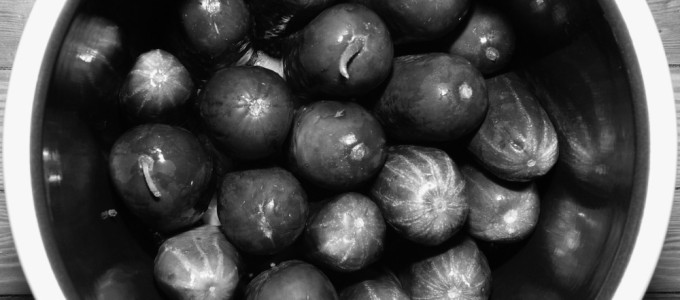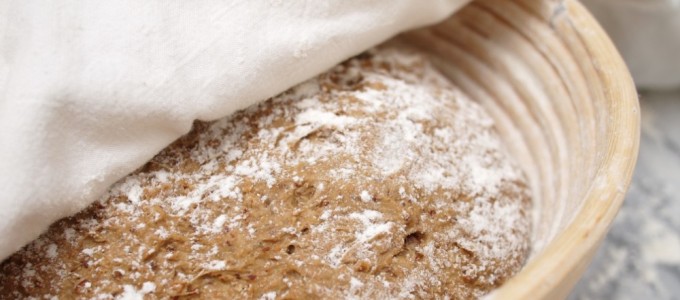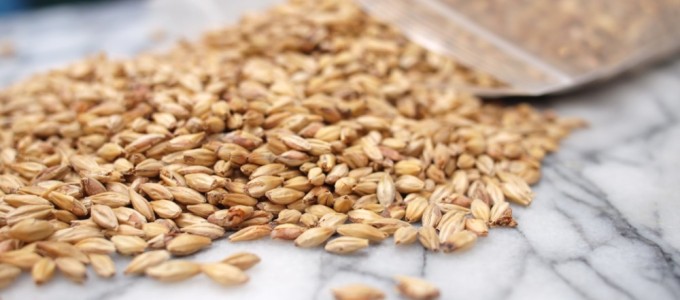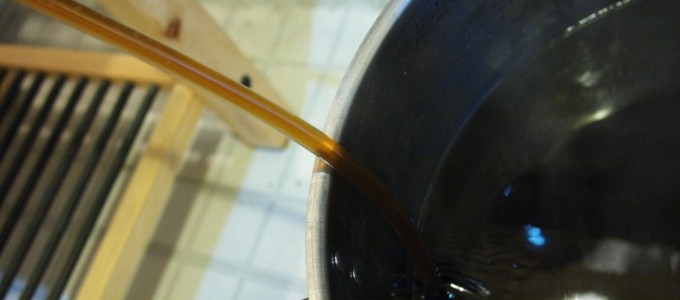Just when I thought I was out, the mead keeps pulling me back in.
It was less than a month ago, now, that I bottled last year’s strawberry melomel. With Sarah’s invaluable help, there was a flurry of sanitizing and syphoning, filling, corking, cleaning, and trundling boxes of bottles down into the basement.
The strawberry mead came out just right: pale pink, with a definite and delicious fruit flavor, and a hint of oxidation that adds toffee complexity at the back end of every sip. It will need to age for a year or two. It’s still a little hot, alcoholically speaking. But I’m pleased. No doubt — one of the better meads I’ve made.







